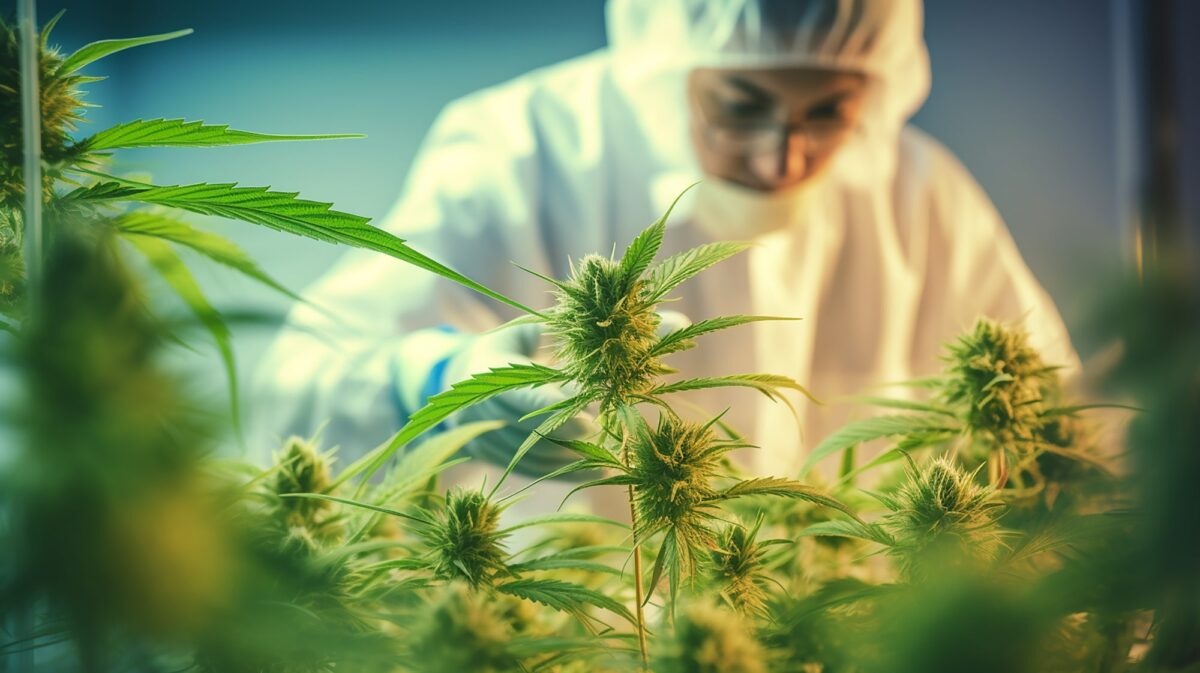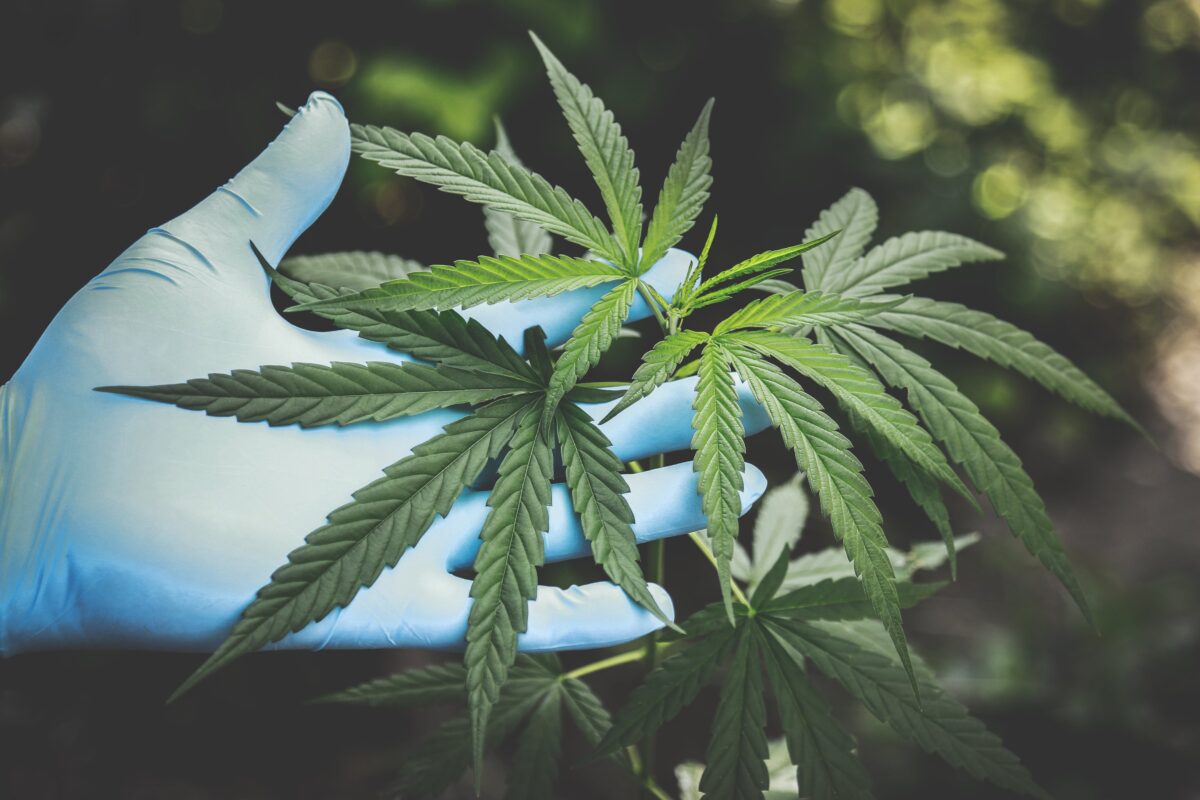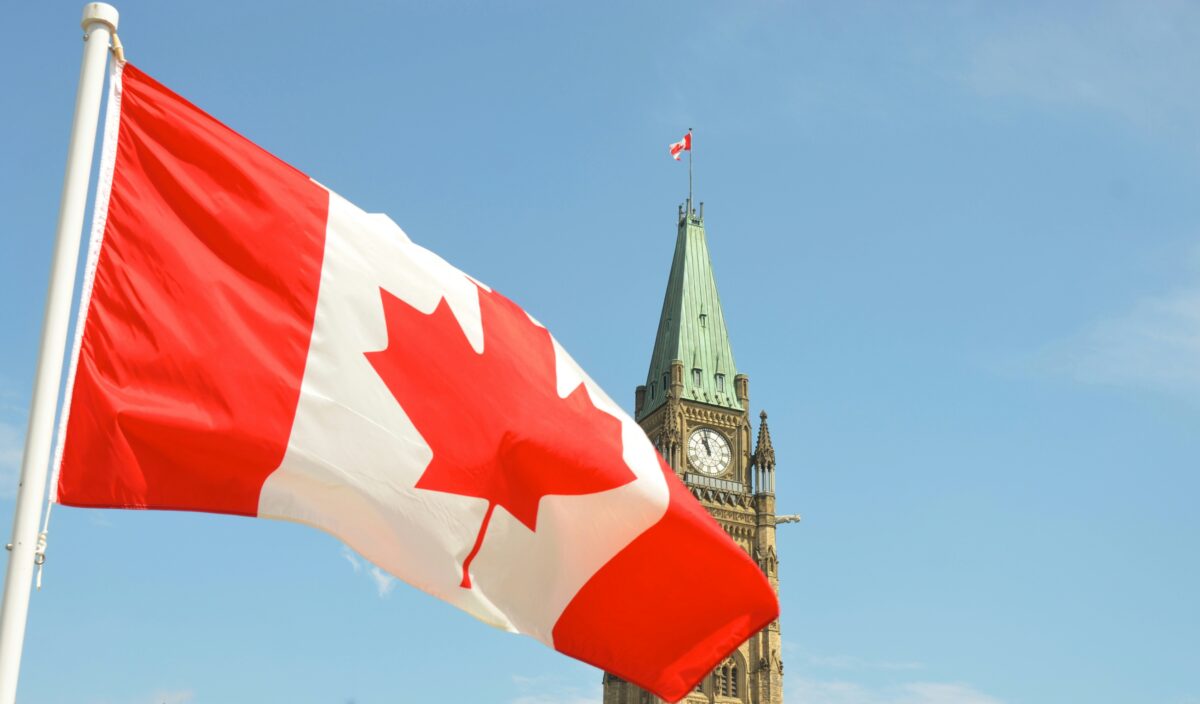Cannabis and Wellness: Nurturing Holistic Well-Being
In our fast-paced world, pursuing holistic wellness has become a cornerstone of modern living. People are increasingly exploring alternative approaches to enhance their overall well-being, and one plant that’s captivating attention in this pursuit is cannabis.
Mindfulness and Cannabis:
Mindfulness, the practice of staying fully present and engaged at the moment, has gained widespread recognition for its potential to reduce stress and improve mental health. Cannabis’ ability to induce relaxation and alter perception can be a complementary tool in mindfulness practices. When used mindfully and in moderation, it may help individuals enter a state of heightened awareness and genuine connection with their inner selves.
Relaxation and Stress Relief:
One of the most celebrated benefits of cannabis is its capacity to induce relaxation. Cannabis contains compounds, such as CBD (cannabidiol), known for their calming effects. People dealing with anxiety, insomnia, or chronic stress often turn to cannabis as a natural way to find relief. Its capacity to ease physical tension and soothe mental worries can be an invaluable component of a wellness routine.
Enhancing Overall Well-Being:
Cannabis is not a one-size-fits-all solution, and its impact can vary from person to person. However, when integrated thoughtfully into a wellness regimen, it can play a role in enhancing overall well-being. Some individuals report that it aids in managing pain, improving sleep, and promoting a positive outlook on life.
It’s essential to emphasize that responsible use and mindful consumption are the keys when incorporating cannabis into a wellness routine. Understanding one’s tolerance, selecting appropriate strains, and being aware of local regulations are all vital factors in ensuring a safe and positive experience.
Embracing cannabis into your wellness routine can be a transformative and unique option for those seeking holistic well-being.
However, each individual’s response to cannabis may vary, so it’s essential to approach it with mindfulness and respect for its potential effects. When used responsibly, cannabis can indeed contribute to holistic well-being, helping individuals achieve a more balanced and fulfilling life.





